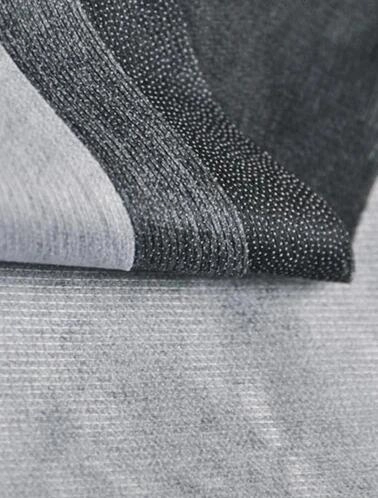Enzyme wash shirts are perfect for creating a casual, worn-in look. This type of washing breaks down fabric fibers to soften and supply it - ideal for casual styles like those made of cotton brushed or twill, while not recommended for formal ones (which should maintain rigidity and smoothness to appear sleek and professional). Furthermore, enzyme washing is ecologically friendly: using natural enzyme products means they biodegrade more rapidly rather than polluting water supplies; plus the power of enzymes makes this method far more potent than conventional laundry products so less product needs to achieve similar results compared with conventional detergents!
De-sizing garments using a chemical de-size agent is the initial step of enzyme washing, and this step is essential to ensure that enzymes interact correctly with fabric. After de-sizing, garments are rinsed twice to remove any remaining size material before adding enzymes - both acid and neutral varieties exist; powder-neutral enzymes tend to work best while liquid versions work more quickly.
When using enzyme treatments on garments, temperature monitoring should be closely observed. Enzymes only perform optimally within certain temperature limits; beyond this point, they begin to break down and lose effectiveness. It is also imperative that pH levels in water be closely observed since this will have an impact on how effective they will perform as well.
Enzymes not only break down cellulose in fabric, but they can also bind with any dye particles adsorption weakly to fiber surfaces. This process creates a vintage or distressed look on fabric; particularly useful for denim clothing brands using this process to give their denim garments that worn-in look; this may even be preferable over stonewashing which damages jeans and reduces their lifespan.
Enzyme washing is an eco-friendly textile treatment method, using only natural ingredients and proteins produced by living organisms to replicate. Enzymes can even be replicated in laboratories for specific tasks. Furthermore, unlike industrial chemicals like detergents or bleaches that operate under harsher conditions, enzymes biodegrade in mild conditions and pose less of an environmental threat compared with their counterparts.
Stonewashing may produce better fabric results and lasts longer without wearing out garments as quickly. It should be noted, however, that high temperatures can damage enzyme-washed fabric finishes - therefore turning garments inside out before being exposed to heat may help ensure maximum effectiveness of enzyme washing.
